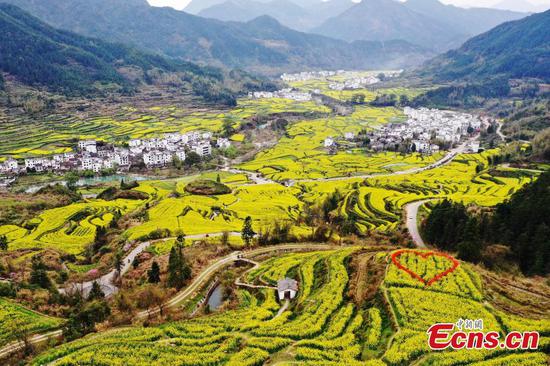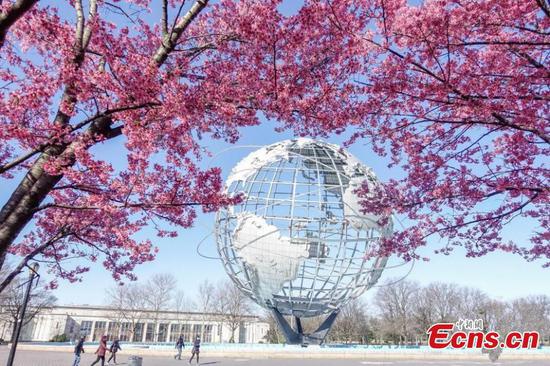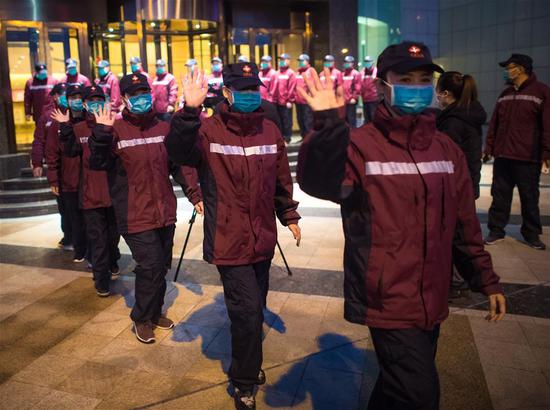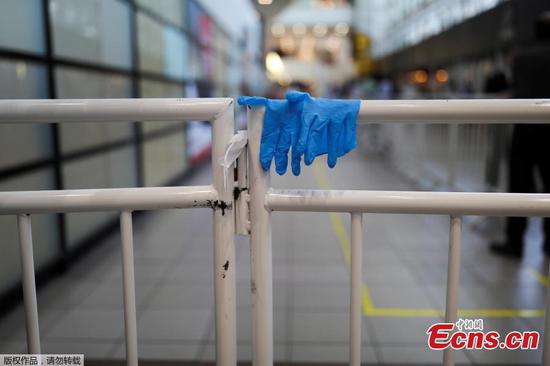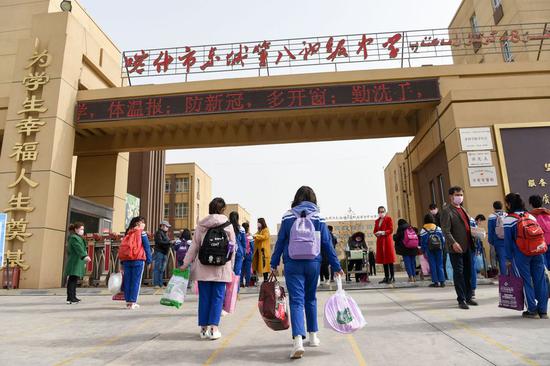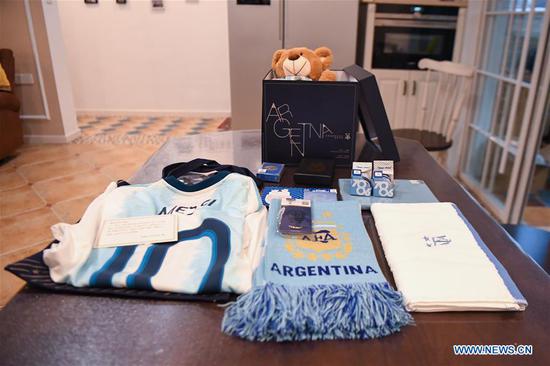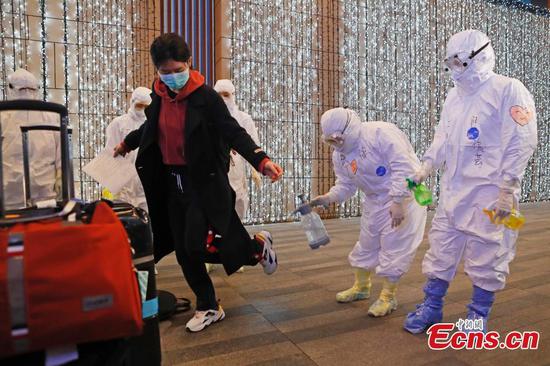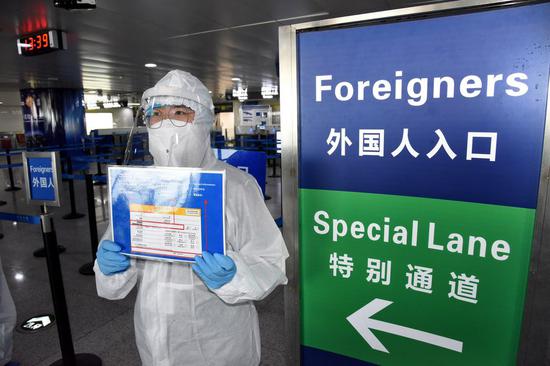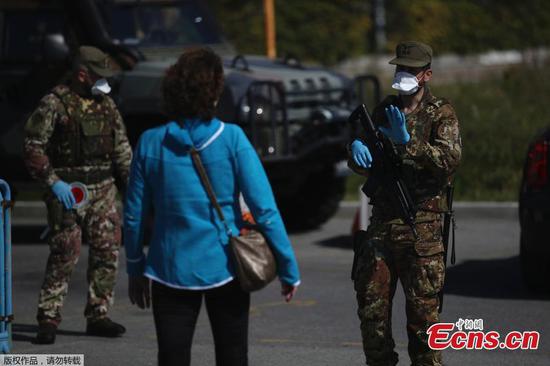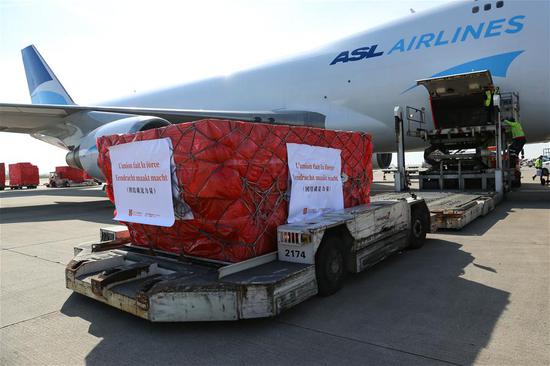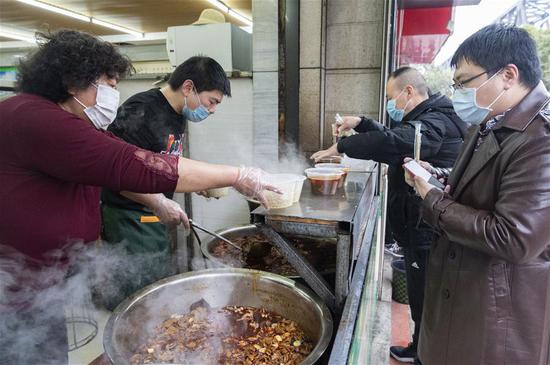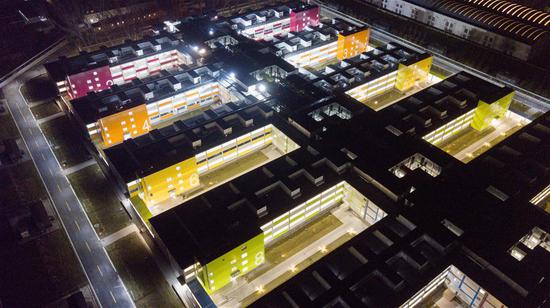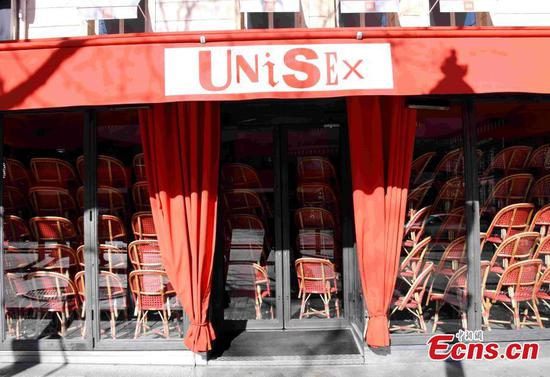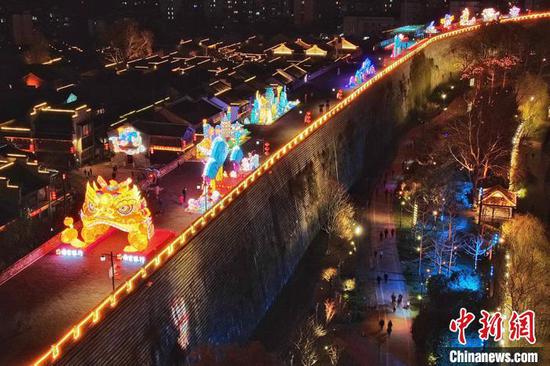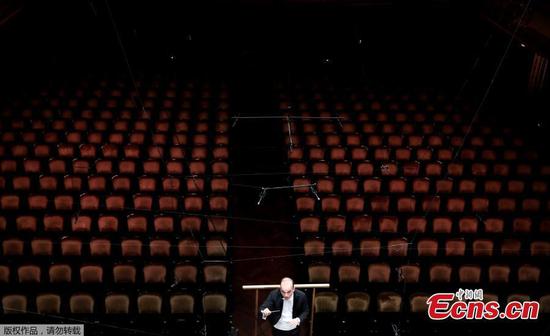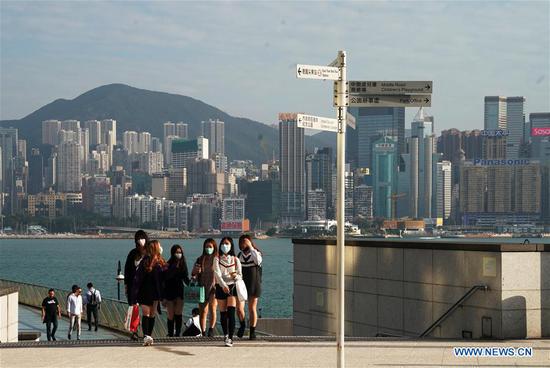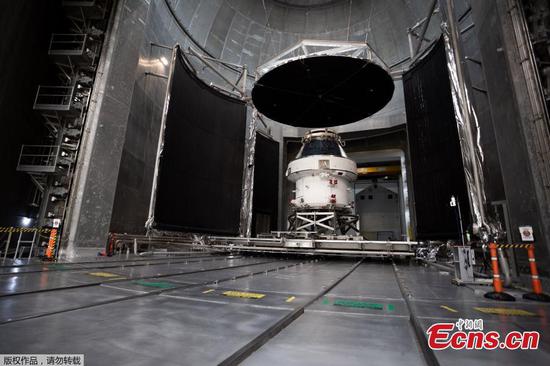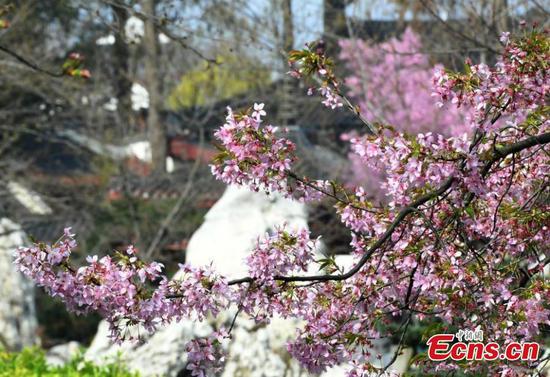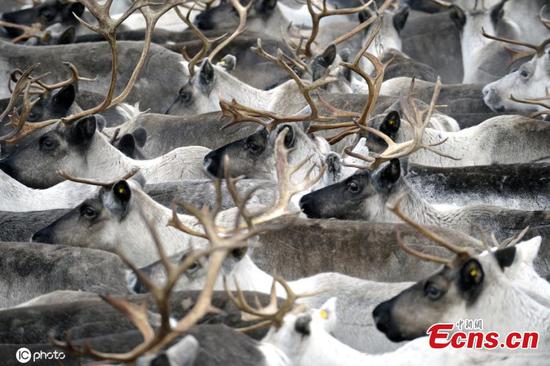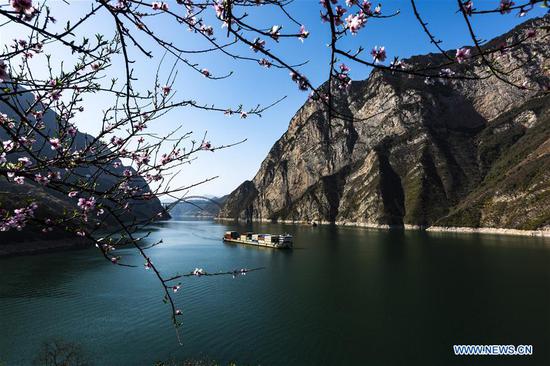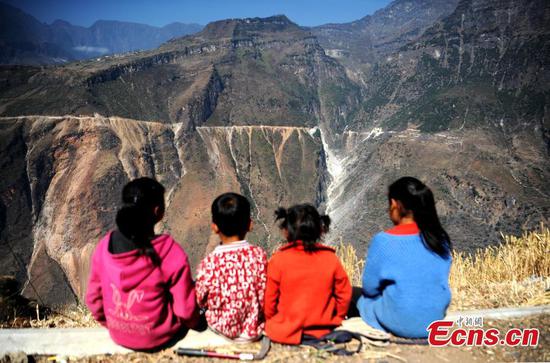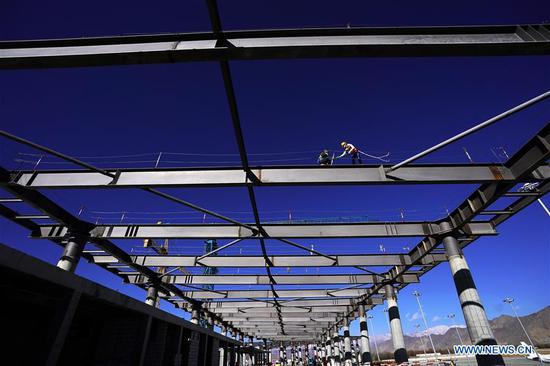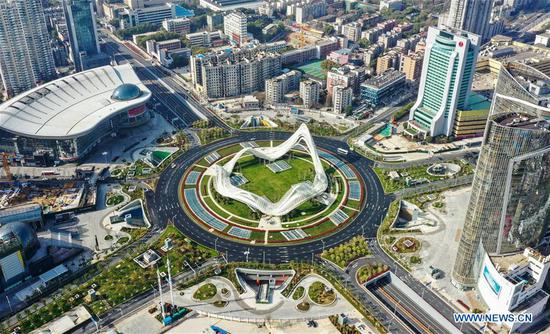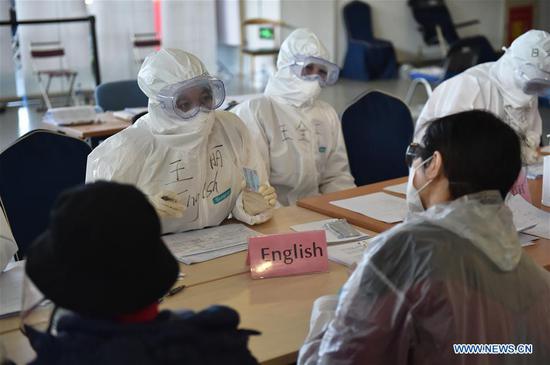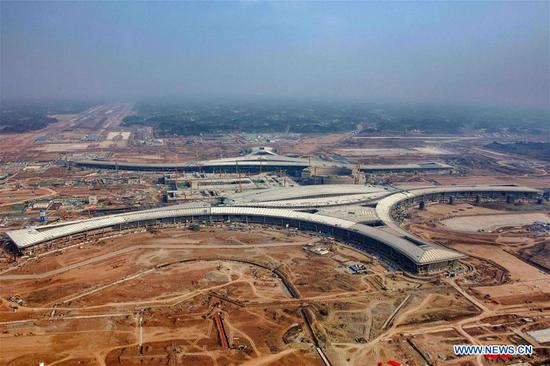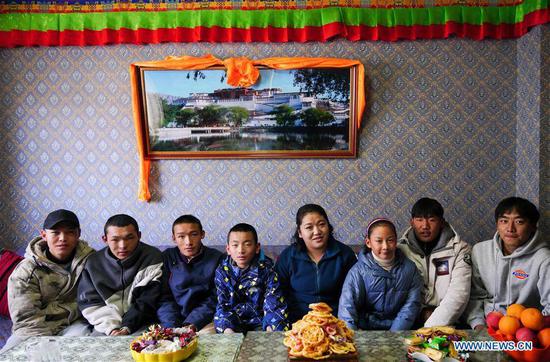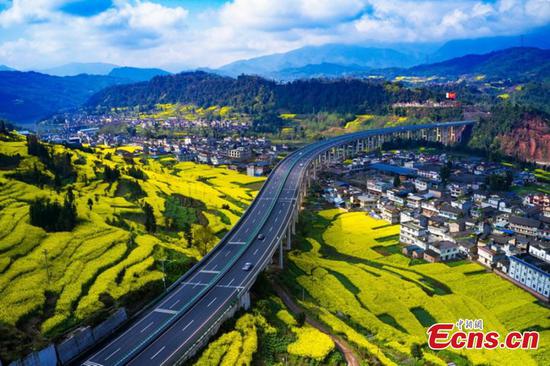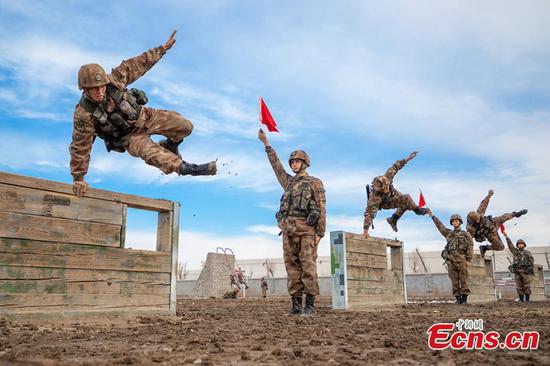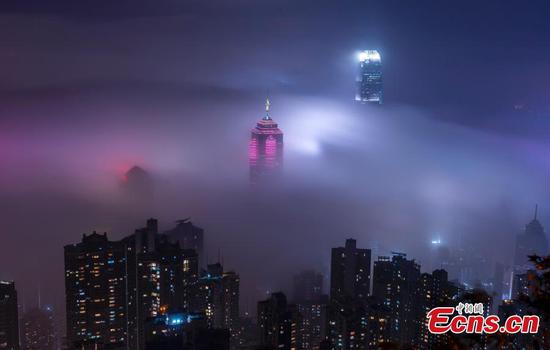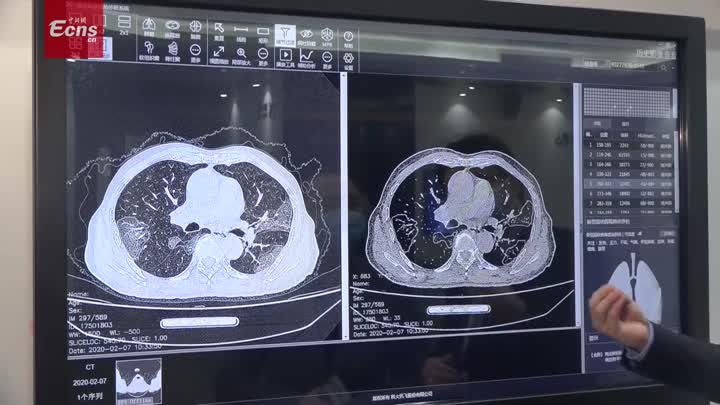The All-China Journalists Association has posted on its website a statement titled "All-China Journalists Association Denounces U.S. Discrimination against Chinese Journalists".
The following is the full text:
In recent years, the U.S. administration has rolled out a series of discriminatory oppressive measures against Chinese media and journalists based in the country, which fully revealed their bald-faced "double standards" in the name of "freedom of press" and its bullying practices.
The U.S. has been mounting pressure on the Chinese media.
In December 2018, CGTN America was registered as a "foreign agent" under orders from the U.S. Department of Justice.
On February 18, 2020, the U.S. State Department designated 5 Chinese media outlets as "foreign missions" and demanded personnel, financial, operational and property information from them.
On March 2, 2020, the U.S. State Department announced that from March 13, the 5 Chinese media outlets designated as "foreign missions", including Xinhua News Agency, have to slash the number of Chinese nationals permitted to work at the U.S. offices to 100, a 40 percent cut in staff member, which means de facto expulsion of the Chinese journalists stationed in the U.S.
The U.S. has adopted discriminatory visa policies against Chinese journalists entering the U.S.
U.S.-based Chinese journalists are only allowed single-entry visas. They have to reapply for visas after they leave for China or for a third country. However, the U.S. issues multiple-entry visas for journalists from other countries and regions.
From 2018, the U.S. has started to make visa applications difficult for Chinese journalists by arbitrarily increasing application documents. In addition to normal materials, Chinese journalists also have to provide their social media accounts, foreign-visit records of the past 15 years, addresses, phone numbers, travel histories, personal resume, published works, personal payroll, the media outlets' introduction, registration information in the U.S. and organizational structures, colleagues' information and social connections, etc.
The U.S. extends the time for visa approval, indefinitely delays approval and even denies application in the name of administrative processing. Statistics show that from 2018, more than 30 Chinese journalists had their visa application denied after indefinite delay. Among them, nine U.S.-based journalists could not reenter after departure. Some Chinese journalists applied for U.S. visa in mid-December 2019, but so far they have not heard from the U.S. side and their passports have not been returned to them.
The U.S. has restricted Chinese journalists' reporting activities in the U.S.
Having registered CGTN and China Daily as "foreign agents" (the latter in 1983), the U.S. rejected the application of journalists with the two outlets for credentials. Using "foreign agents" as an excuse, the U.S. also asked some journalists from China's media to submit proof of employment to the White House and denied their application for credentials for covering Capitol Hill. Chinese journalists face restrictions in reporting in the U.S. They are often treated differently and even interrogated when they cover events.
Some Chinese journalists reported that they were excluded in e-mail invitations for small-scale events. In some cases, the excuse is "no vacancy". After U.S. designated Chinese media outlets as "foreign agents," coverage in the U.S. became even harder and Chinese journalists got more rejections in interviews.
What the U.S. has done has severely violated the normal and legal rights and interests of Chinese journalists carrying out news covers overseas, and damages the reputation of the Chinese media and journalists. The association strongly condemns and firmly opposes it. The association urges the U.S. side to immediately stop the political oppression based on Cold War mentality and ideological prejudice, rectify the misdeeds that infringe on the legals rights and interests of Chinese journalists based in the country and provide guarantee for the normal operation of Chinese media organizations and the normal work of Chinese journalists.









